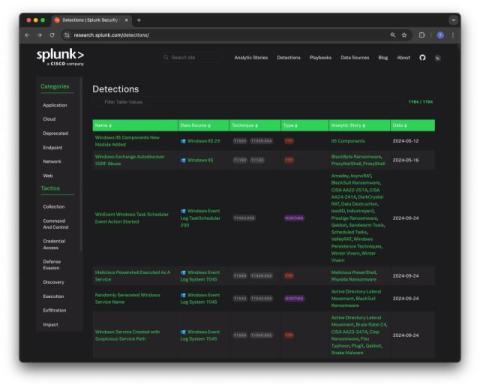Why is an effective IPAM strategy crucial for enterprise networks?
As businesses expand, their networks become increasingly complex, encompassing on-premises devices, remote workstations, cloud services, and IoT devices. This growth, coupled with rising cloud adoption, puts immense strain on the process of maintaining a stable and secure infrastructure. In today’s hyper-connected world, even a brief network outage or security breach can result in significant financial losses, operational downtime, and reputational damage.











